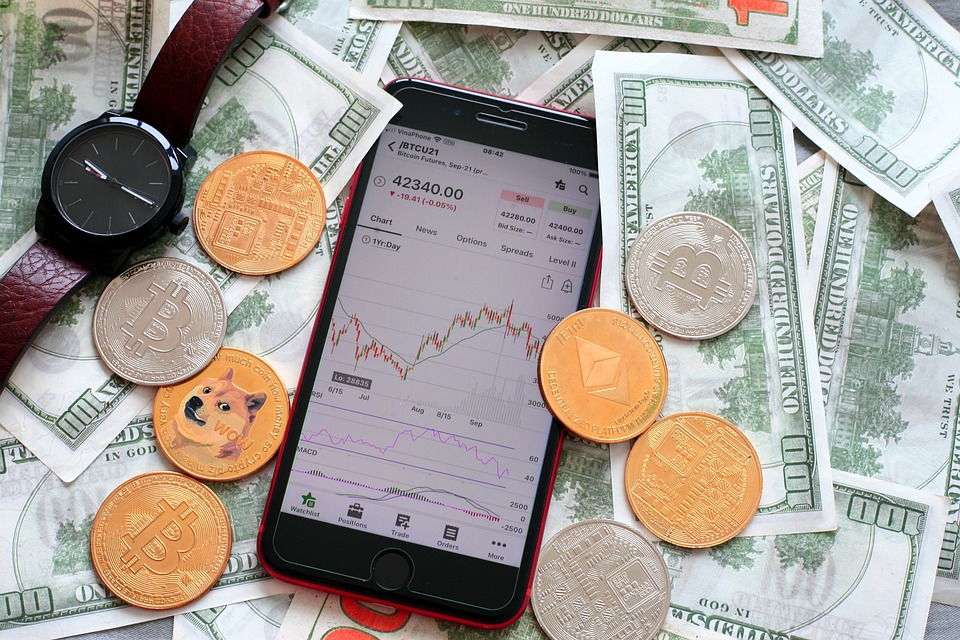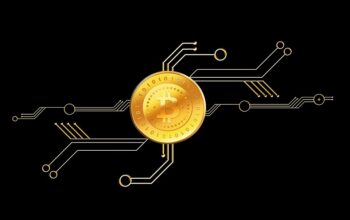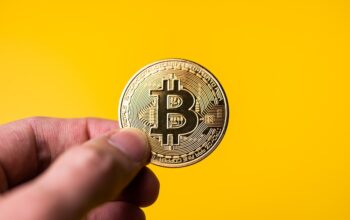Exploring Altcoins: The Future of Cryptocurrency?
What are Altcoins?
Altcoins, short for alternative coins, refer to any cryptocurrency that is not Bitcoin. While Bitcoin is the most well-known and widely used cryptocurrency, there are thousands of other digital currencies that have emerged in its wake. These altcoins serve as alternatives to Bitcoin, offering different features, functionalities, and use cases.
Types of Altcoins
There are several different types of altcoins, each with its own unique characteristics:
1. Stablecoins
Stablecoins are cryptocurrencies that are pegged to a stable asset, such as a fiat currency like the US dollar or a commodity like gold. This helps to mitigate the extreme volatility often associated with cryptocurrencies like Bitcoin.
2. Privacy Coins
Privacy coins prioritize user anonymity and security by implementing advanced cryptographic techniques to ensure the privacy of transactions.
3. Utility Tokens
Utility tokens are digital assets that provide access to a specific product or service within a particular ecosystem. They are often used for fundraising purposes in the form of Initial Coin Offerings (ICOs).
Benefits of Altcoins
There are several benefits to using altcoins over traditional currencies:
1. Diversification
Investing in altcoins provides diversification within the cryptocurrency market, reducing risk and potentially increasing returns.
2. Innovation
Altcoins offer innovative features and functionalities that go beyond what Bitcoin can offer, allowing for experimentation and advancement within the cryptocurrency space.
3. Lower Fees
Many altcoins have lower transaction fees compared to traditional banking systems, making them a cost-effective option for transferring funds.
Challenges of Altcoins
Despite their potential benefits, altcoins also face several challenges:
1. Market Volatility
Altcoins are often more volatile than traditional currencies, leading to potential investment risks.
2. Regulatory Uncertainty
The regulatory landscape for altcoins is still evolving, leading to uncertainty and potential legal hurdles for users and developers.
3. Security Risks
Altcoins are susceptible to security risks such as hacking and fraud, requiring users to implement robust security measures to protect their assets.
Conclusion
Altcoins represent an exciting and evolving aspect of the cryptocurrency market, offering innovative features and functionalities that go beyond Bitcoin. While there are challenges to overcome, altcoins have the potential to disrupt traditional financial systems and shape the future of digital currencies.




